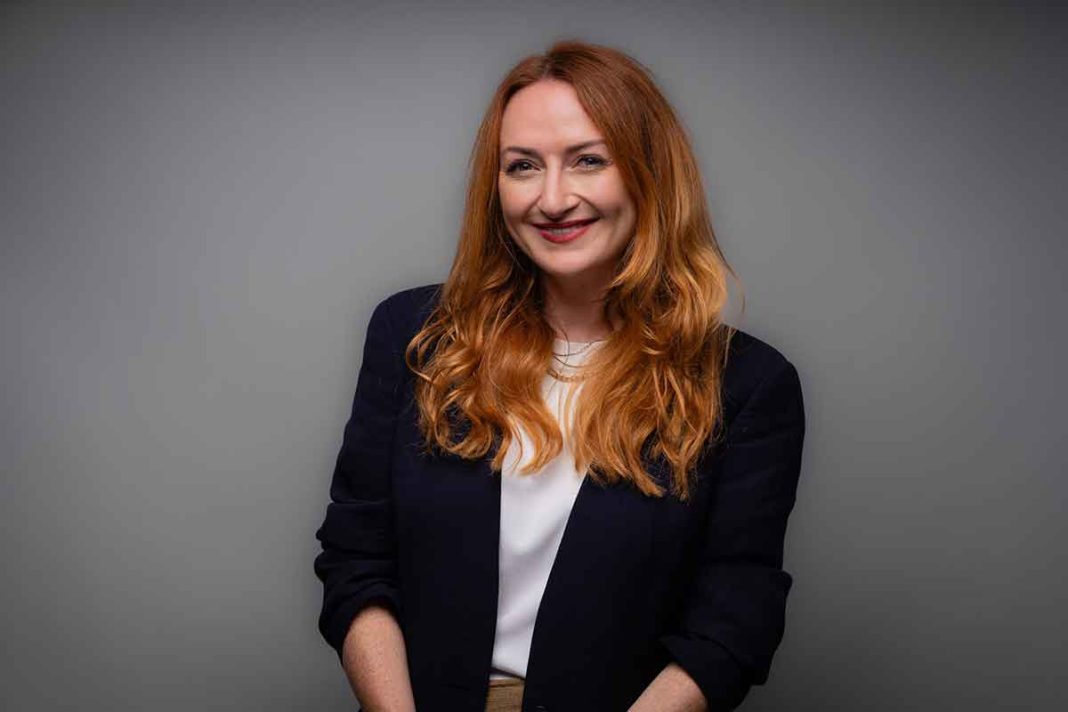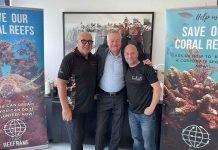Consider this: every single piece of plastic ever made still exists today. In fact, each of us is likely ingesting a credit card’s worth of plastic each week, because plastic pollution is everywhere – in our water, our soil, our air, and our food.
The facts are stark. We are awash in plastic – 8 million tonnes enter our oceans each year; only 9% of plastic is recycled, and most is downcycled into products of lesser quality that are less likely to be recycled again. Recycling is still important, as it reduces plastic pollution and reminds us all to consider our impact, but the answer to the size of our plastic pollution problem is to eliminate plastic use in the first place.
Plastic pollution is a global problem, but the UAE has the fourth-highest level of bottled water consumption in the world, using 4 billion plastic water bottles annually – many of which end up in the ocean, and in marine life across the Gulf. In 2022, nine in 10 turtles found dead in the UAE had plastic in their stomach.
But there is good news. As a result of the scale of plastic pollution and its impact, both globally and in the UAE, we are seeing real action from governments, businesses, and individuals. The 2022 UN treaty on Plastic Pollution saw 175 nations agree to develop a legally binding agreement on plastic pollution by 2024. In the UAE, there have been a raft of policies that will transform the way plastic is consumed and disposed of, and widespread awareness of the importance of actions like this has surpassed expectations.
In 2020, Abu Dhabi became the first capital in the Middle East to ban single-use plastic bags. As a result, between June 2022 and June 2023, 172 million single-use plastic bags were taken out of circulation – an estimated 75% reduction. In 2024, Dubai became the last of the seven Emirates to ban plastic bags, along with other packaging products. On the horizon is a UAE-wide ban on importing plastic cutlery, drinks cups, styrofoam and boxes, from January 2026. Moves are afoot around the world, and particularly in the UAE, to reduce plastic consumption and pollution.
The event industry’s plastic problem
Plastic is still widely used in events, as vinyl, acrylics and other materials used in fabrication as well as uniforms and costumes (think ‘polyester’). It’s difficult to measure the full scale of event industry plastic waste, because many events producers still don’t measure it, despite it being easy to do using platforms such as TRACE. But there is no doubt that events are still a significant consumer of single-use plastics, and this is a problem, both locally and globally.
There is, however, an opportunity for our incredibly creative sector to turn the tide. Not only can we stay ahead of upcoming regulation banning single-use plastics, but we can create new ways of creating sets, sites, and materials for events in a way that can filter out as best practice for other sectors around the world. And there is already a range of innovative, inspiring work being done by key players in the UAE event industry.
The Bulb recently worked with People to plan and produce the UAE Union Day in 2023, which resulted in the most sustainable Union Day celebration thus far. We led the sustainability strategy from the start and wove it into every decision. One of our aims was to deliver a plastic-free production, so we banned single-use plastic water bottles from site; all staff, crew and suppliers were required to bring a refillable water bottle. The result? We reduced plastic on-site by a half a tonne – that’s the equivalent of around 1 million plastic straws. Just one small, easy decision truly can have significant impact.
Hosting COP28, the largest climate change event to-date, changed the game for the UAE. COP28 found measurable operational ways to help deliver the UAE’s sustainability objectives. Prioritising recycled and recyclable materials and partnering with local designers who crafted furniture from waste by-product materials were inspiring and impactful ways we found to do this. The approach drove innovation and new best practices for events in the region.
What can you do?
If you’re wondering what you can do to have a positive impact on plastic pollution through your own work and your organisation, options are abundant. Take part in Plastic Free July – a global movement that provides resources and ideas that has inspired more than 100 million participants in 190 countries to make small changes they can maintain to have a positive long-term impact on their community and our planet. It’s a great way to raise awareness and create momentum in your own organisation.
You can also find local sustainable suppliers in the UAE who will help you to deliver a ‘circular economy’ approach and eliminate plastic for events to have a much more positive impact. For example, DGrade turns plastic bottles into Greenspun clothing. Yas Marina Circuit has already worked with them to ‘upcycle’ 18,000 plastic bottles each year to create their employee uniforms.
BioWare makes serveware from 100% renewable plant sources. They use materials like sugarcane (bagasse), paper, bamboo and bioactive thermoplastic aliphatic polyester (PLA) instead of plastic. And, in fact, they make straws from date palm leaves, which always create a fun talking point at any event where they’re used.
Precious Plastic Dubai are specialists in converting unavoidable plastic waste into items like keychains, plant pots and coasters, which you can then use as future giveaways for clients, keeping these materials in circulation.
Ecyclex has been around in the UAE since 2012 and refurbishes gadgets and sells unusable parts to factories. In 2021, they launched Reloop, a recycling subscription services to homes and corporations of everything from plastics and cardboard to batteries and cooking oil.
When it comes to ‘getting your head straight’ to reduce your plastic impact, when you need to print something, think creatively. Ask your suppliers to swap plastic-based materials like vinyl for ReBoard (corrugated cardboard) or canvas, printed with water-based paints (and keep in mind that acrylic paint is plastic). Make it mandatory for your suppliers to eliminate plastic wrap and use cardboard, blankets, and reusable materials to transport goods.
The reality of plastic pollution is important to acknowledge. It’s everywhere and it’s only going to get worse unless we take individual and collective action. But the good news is that that is entirely possible, and we can create beautiful, memorable experiences that change event industry practice and leave a legacy for all the right reasons. So, join me in Plastic Free July!
Photo: The Bulb




